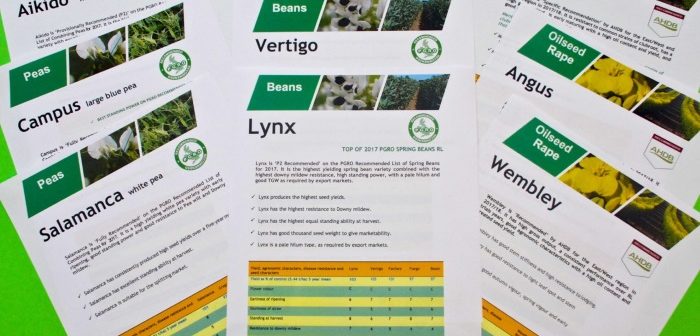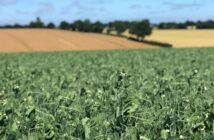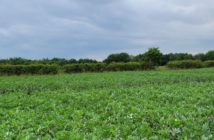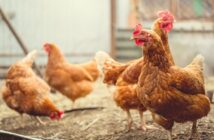Continual investment in spring bean breeding has produced varieties that have greatly improved yields and agronomics for growers, plus better characters for exporters and end users, helping to drive the growth of the pulse crop.
“At the turn of the century in 2000, the variety Maya was at the top of the Recommended List with a trials yield around 4.5t/ha and a downy mildew rating of 3,” comments Theo Labuda, Managing Director of LS Plant Breeding Ltd (LSPB). “The latest PGRO RL for 2017 is headed by our variety Lynx with a trials yield getting close to 6t/ha and step change in downy mildew rating to a 7.”
“Of course, seasonal factors play a part and the changes in control varieties make it difficult to calculate precise figures. However, our core message is not the exact year-to year figures – it is that there has been a very worthwhile improvement in spring bean varieties since the millennium. And that this has been significantly driven by the effort LSPB has put into spring bean breeding to bring a series of improved varieties to UK growers.”
Mr Labuda points out that a major breakthrough came with Fuego which was 11% over control varieties in 2007. Then Fury followed with a similar leap over controls in 2011, and the latest 2017 PGRO Recommended List has LSPB’s Lynx and Vertigo at its head with Fanfare close behind.
Indeed, growers are now reaching for further yield gains with the PGRO Bean Yield Challenge looking for the first grower to achieve a verified yield of 10t/ha or more.
As important for growers, agronomic characters have also been improved – for example, Lynx has a ‘7’ for downy mildew to raise the bar for disease resistance. For the future, LSPB have some very early to mature varieties in the NL trials system to allow beans to be successfully grown even further North than at present.
Crop quality for the end user has also increased, and the export market for UK-grown beans has been aided by significant increases in thousand grain weights with the average of 449 across all recommended spring beans in 2000 increasing by nearly 20% to an average of 534 in 2017.
Mr Labuda adds: “We have further varietal improvements in prospect with our spring bean variety Tiffany – currently in breeders and official trials – looking to extend the domestic UK market. It is high in yield with medium to early maturity plus good standing power – and distinguished by a high protein content.
“Importantly for the end user, Tiffany’s low content of the anti-nutrients Vicine and Convine (LVC) make the variety particularly suitable for animal feed, as these anti-nutrients can have a negative effect on performance.”




